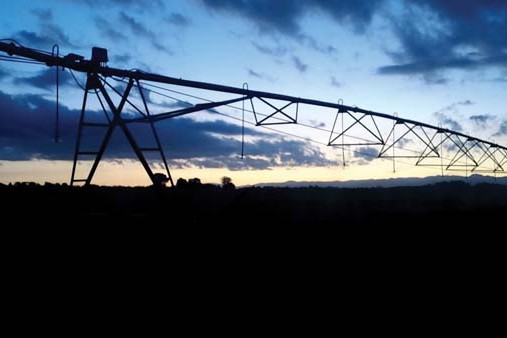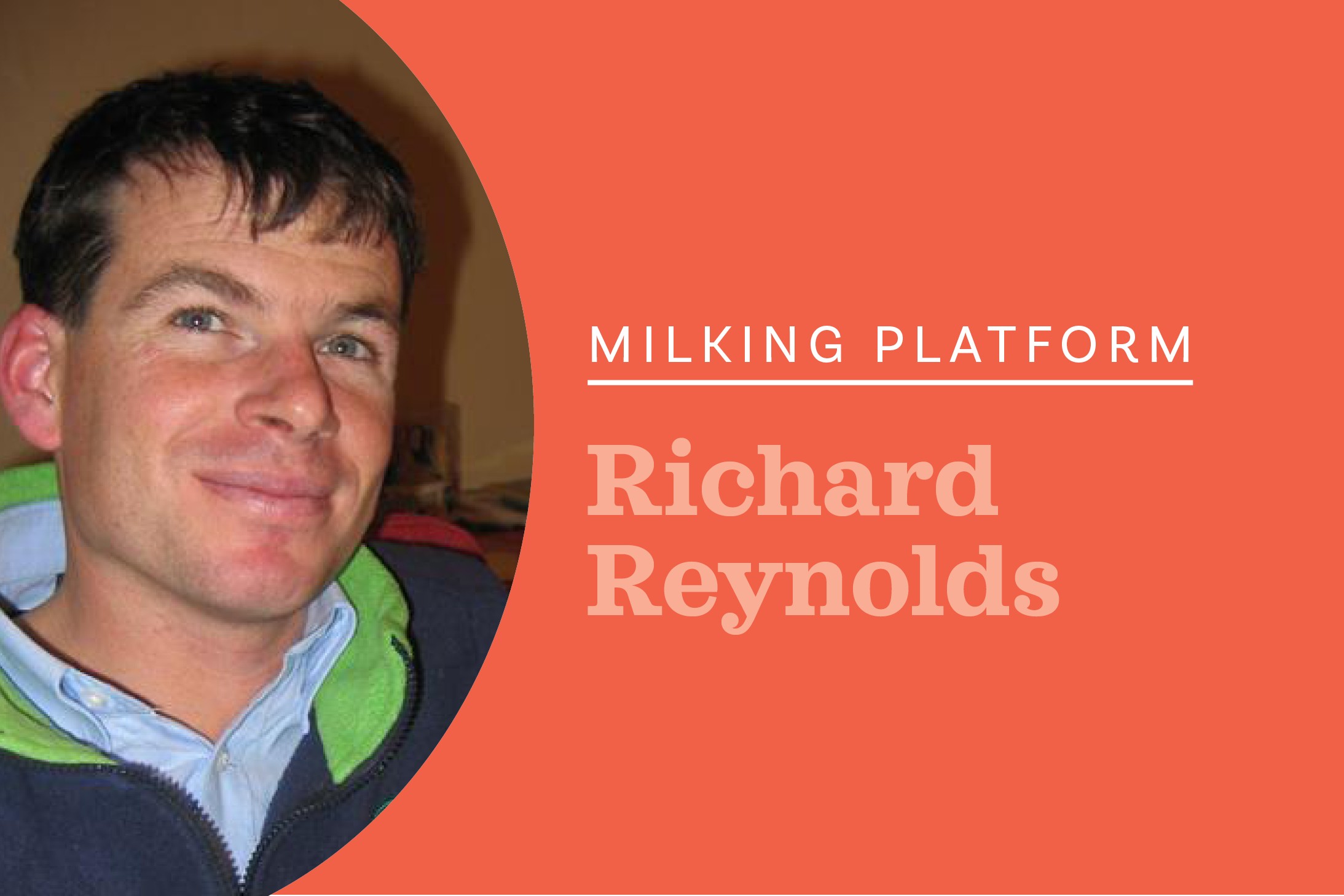After marking Anzac Day, Chris Neill joins the dots on the relativity of climate change to a world war.
In support of a cause, or in search of adventure, two generations of New Zealand men and women contributed to personal, whanau, and national sacrifice. Underpinning their action was a belief that the world was under threat, and so therefore were their values.
Their loved ones and future generations had to be protected at all costs. While they may have considered the threat was not of their personal making, they felt responsibility and obligation to confront and overcome it.
For their commitment, we have enjoyed a world of relative peace and plenty. In conversation we’ve contemplated the terror they must have felt, advancing toward an enemy knowing their death to be almost certain. The horrific images our film-makers produce can leave us feeling that we have been there.
Businesses we build, assets we accumulate, and treasures we cherish will be of no use to successive generations – our mokopuna, if we remain in our trench, expecting others to take up the fight on our behalf.
Reality is that our chairs are the trenches in which we take cover. We have been the “lucky generation” who haven’t had to go to war. Consequently, we’ve cultivated a mindset that others will fight with weapons of diplomacy while we pursue the righteous purpose of creating personal wealth to pass on to our next generation.
We’ve taken the use of resources and collateral damage to our environment as personal rights. We see relatively modest local impact in our small corner of the Pacific and blame the collective global impact on others.
The “dots joined” for me this Anzac Day when I contemplated the relativity of climate change to a world war. Climate change is a global threat that scientists are adamant will drastically impact the lives of those future generations we are expecting to benefit from our endeavours. Businesses we build, assets we accumulate, and treasures we cherish will be of no use to successive generations – our mokopuna, if we remain in our trench, expecting others to take up the fight on our behalf.
A 16-year-old Swede, whose name shall be spoken – Greta Thunberg, has leapt from the trench demanding that as global citizens we take notice and responsibility. She is speaking of the “emperor’s new clothes”, telling the world what we can see but have been afraid to acknowledge.
It’s challenging to identify what means we individually have available to effectively address this threat. Some battles will be fought and lost. Sacrifices will be made, seemingly without gain. The critical starting point is personally accepting that we are willing and ready to compromise our expectations of wants and needs. To give up things we treasure for the sake of future generations.
With this mindset, we can learn effective strategies from each other and collaborate as we confront this challenge to our whanau and moko. Who are we? We are people who can make a difference together, and we will be remembered for the values we defended.
This is not an “away game”. It’s here, it’s personal, it’s tough, it’s greater than urgent. If you’ve found a strategy and action that could inspire and encourage others to act now, let us share it through this column. It can be our collaboration for the sake of those depending on us for their future.





